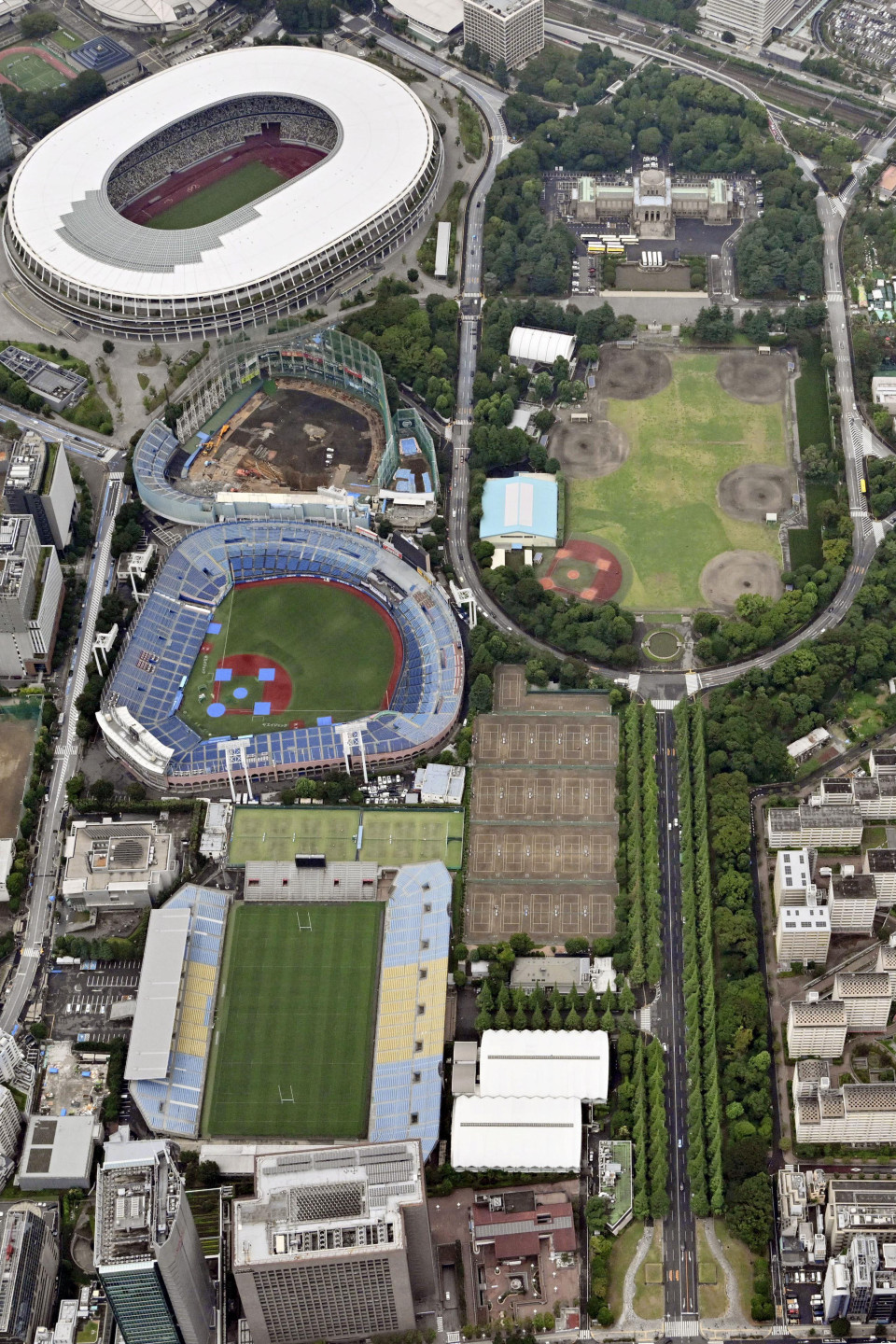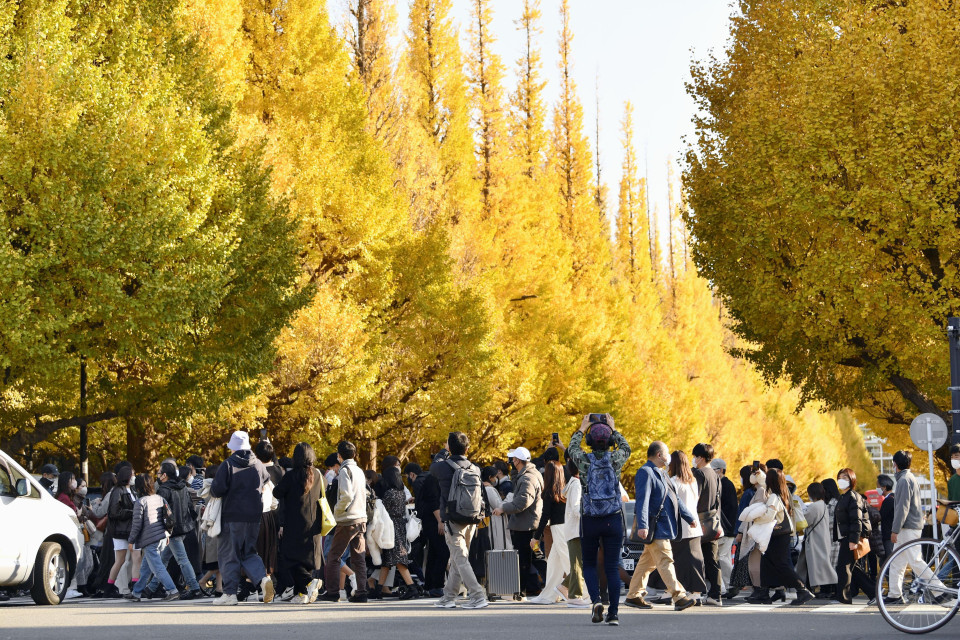A UNESCO advisory body on Thursday called for the withdrawal of a redevelopment plan in Tokyo that would see two historic sports venues demolished and the loss of thousands of trees in one of the city's greenest neighborhoods.

The International Council on Monuments and Sites has issued a "Heritage Alert," a non-legally binding request to conserve cultural heritage, for the Jingu Gaien redevelopment project, arguing that the planned felling of around 3,000 trees included in the plan would put Tokyo's garden city park system at threat.
"Jingu Gaien was created thanks to the donations and voluntary labor provided by citizens, on the understanding that the promise to 'maintain it as a beautiful park for eternity' would be fulfilled," the advisory body to the U.N. Educational, Scientific and Cultural Organization said in a press release.
ICOMOS, which noted that some of the trees were estimated to be over 100 years old, called for the project's proponents, including Mitsui Fudosan Co. and Meiji Jingu shrine, to withdraw from the redevelopment plan immediately and for the Tokyo metropolitan government to reevaluate the environmental impact assessment it had carried out.
The Tokyo metropolitan government earlier this year approved a plan to demolish and rebuild Jingu Stadium and Prince Chichibu Memorial Rugby Ground, as well as cut down hundreds of trees, as part of a new high-rise complex to be completed in 2036.
The project officially commenced in March despite public concern over the felling of trees in one of the city's greenest neighborhoods and the impact on the nearby landmark Jingu Gaien Ginkgo Avenue.
Mitsui Fudosan has so far declined to comment, while an official of the metropolitan government said it had not received any documents.
Related coverage:
Composer Ryuichi Sakamoto calls for stop to Jingu redevelopment plan











